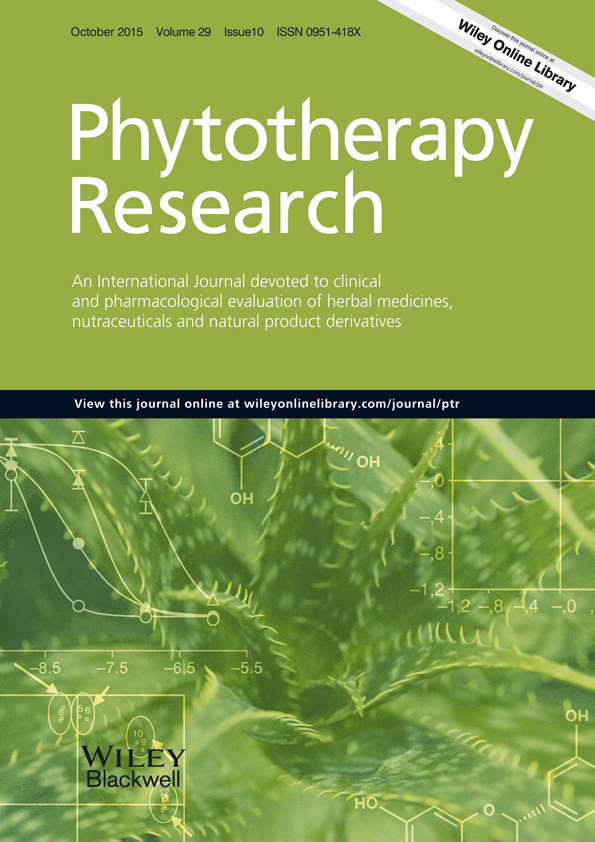The Resveratrol Tetramer r-Viniferin Induces a Cell Cycle Arrest Followed by Apoptosis in the Prostate Cancer Cell Line LNCaP
Abstract
Polyphenols are secondary plant metabolites that possess potentially health-promoting properties and which occur in various edible plants and plant products. Especially the stilbenoid resveratrol has been extensively studied regarding its anticarcinogenic and chemopreventive activities. However, research has recently focused on the investigation of other natural or synthetic compounds in order to find substances that show a higher bioactivity and/or bioavailability than resveratrol. In this context, we exemplarily investigated the cytotoxic/growth-inhibiting properties of the resveratrol tetramer r-viniferin on the prostate cancer cell line LNCaP and compared them with those of resveratrol. By using the sulforhodamine B assay followed by cell cycle analysis via flow cytometry and commercially available apoptosis/necrosis assay kits, we show that both compounds were able to inhibit the growth of LNCaP cells and to induce a cell cycle arrest in the G1 phase. However, r-viniferin was significantly more potent in inhibiting cellular growth than resveratrol and the only compound that increased the apoptotic cellular fraction as well as the activity of apoptosis-associated enzymes. In conclusion, r-viniferin leads to cytotoxicity in LNCaP cells at fairly low concentrations, and it is therefore conceivable that it might be used as a chemopreventive agent or as an adjuvant in prostate cancer therapy. Copyright © 2015 John Wiley & Sons, Ltd.




